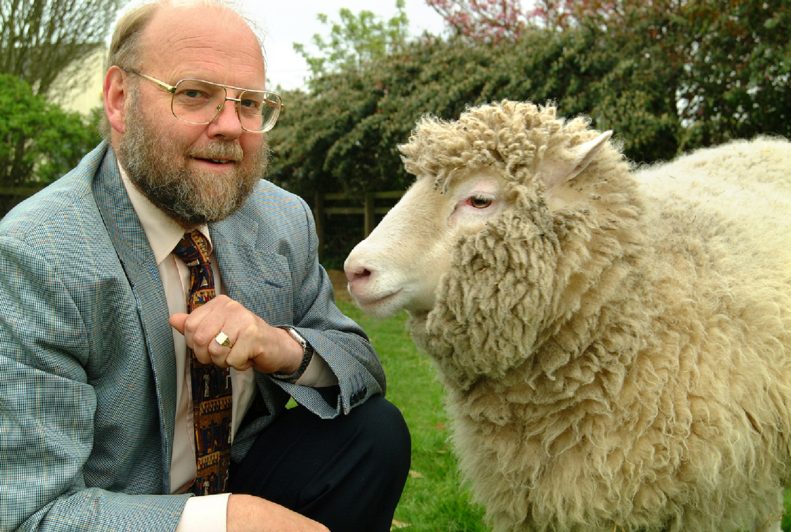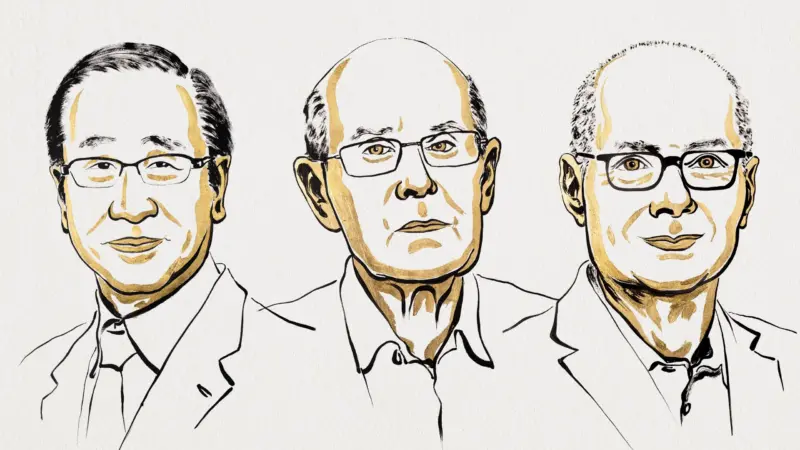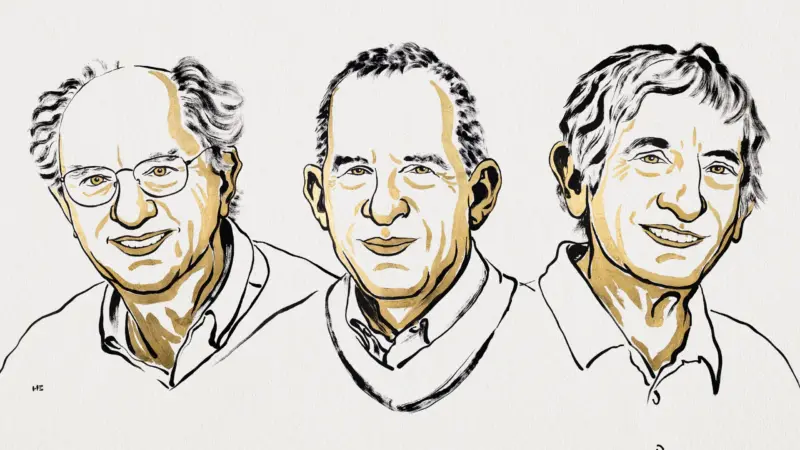Remembering Sir Ian Wilmut: The Man Who Cloned Dolly and Changed Science Forever

Renowned British embryologist Sir Ian Wilmut, who famously cloned the sheep Dolly, has passed away at the age of 79. His groundbreaking work in cloning Dolly, the first mammal to be cloned from an adult cell, revolutionized the field of regenerative medicine.
Before Dolly’s creation, scientists had only successfully cloned mammals by splitting embryos in a test tube and implanting them in adults. Dolly, on the other hand, was cloned from the mammary gland of a 6-year-old ewe named Dorset Finn. This distinction made her creation a significant milestone in scientific history.
Sir Ian Wilmut’s diagnosis of Parkinson’s disease in 2017 saddened the scientific community. Wilmut’s contributions not only transformed scientific thinking at the time but also continue to fuel advancements in regenerative medicine today.
Dolly’s Impact on Stem Cell Research and Beyond
Before Dolly, animals had been cloned from somatic cells, such as frogs cloned from skin cells by British biologist John Gurdon in 1958. However, the cloning of mammals seemed nearly impossible after numerous failed attempts. The breakthrough came when the scientists extracted DNA from a mammary gland cell of an adult sheep, placed it in an empty sheep egg, and induced embryo development through an electrical stimulus. The resulting embryo was then implanted into a surrogate sheep, leading to the birth of Dolly.
Dolly’s creation sparked a wave of research into stem cells and their various medical applications. It opened doors for the cloning of other animals like pigs, deer, rats, bulls, horses, and macaques. In addition, it paved the way for manipulating stem cells to grow into different tissues, thus driving stem cell therapy for genetic diseases into the mainstream.
Dolly’s own lifespan was relatively short, living for only six years—half the typical lifespan of a sheep. However, numerous clone sisters were born from the same batch of cells. Dolly’s birth prompted researchers to explore alternative ways of modifying cellular functioning, leading to further advancements in the field.
After his groundbreaking work on Dolly, Sir Ian Wilmut continued to contribute to the scientific community through genetic engineering and sheep cloning. His focus was on creating stem cells and producing milk with proteins that could potentially treat human diseases. He retired in 2012 and received a knighthood in 2008. Moreover, even after his Parkinson’s diagnosis, he actively participated in testing new treatments for the degenerative disease.
The passing of Sir Ian Wilmut marks the end of an era in scientific research. His groundbreaking work with Dolly the sheep will forever be remembered as a transformative milestone in biology and regenerative medicine.






